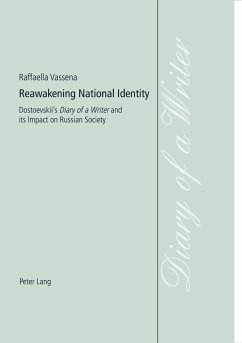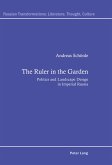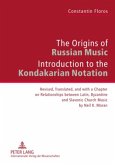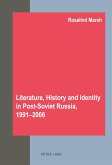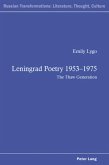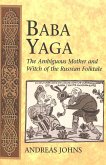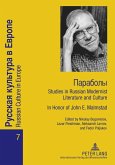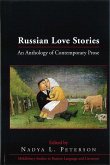The second edition of the Diary of a Writer (1876-1877) marked a crucial point in Dostoevskii's literary career. In spite of critics' attacks, many ordinary readers were overwhelmed by Dostoevskii's charisma and began writing to him from different parts of Russia, expressing their views of the moral, social and political issues dealt with in the Diary . Such success was guaranteed also by the original rhetorical style of the Diary of a Writer , which aimed to involve readers and persuade them to share Dostoevskii's beliefs. By concentrating on new material, consisting of correspondence between Dostoevskii and his readers, and applying a new methodology, reader-response criticism and genre studies, the author investigates how Dostoevskii's rhetoric in the Diary of a Writer affected the Russian reading public, transformed Dostoevskii's image in Russian society, and reawakened national identity.
Bitte wählen Sie Ihr Anliegen aus.
Rechnungen
Retourenschein anfordern
Bestellstatus
Storno

